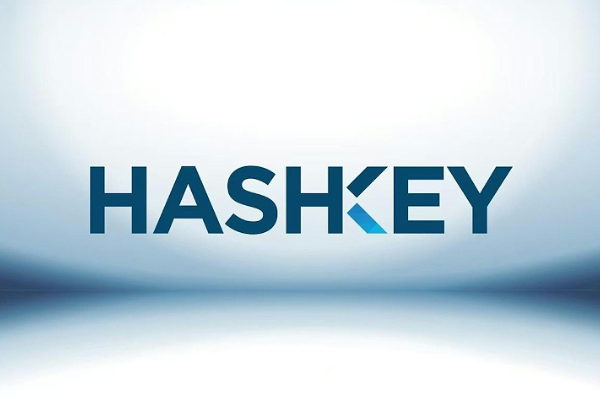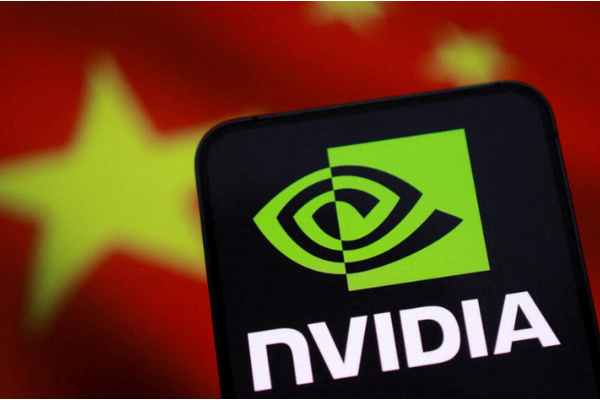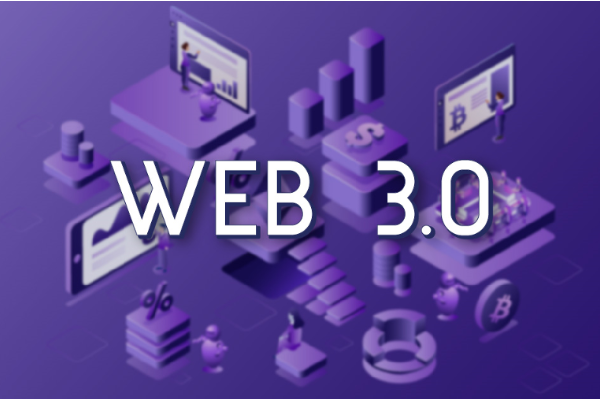Meta recruits three top AI researchers from OpenAI
According to the Wall Street Journal, Meta has recently successfully recruited three senior researchers from OpenAI, namely Lucas Beyer, Alexander Kolesnikov and Xiaohua Zhai. All three have deep backgrounds in the fields of basic AI models and computer vision, and have participated in many cutting-edge research projects.
This move once again confirms Meta CEO Mark Zuckerberg's "heavy deployment" strategy in the field of AI. Previously, OpenAI CEO Sam Altman had bluntly stated in a public interview that Zuckerberg "has been trying to poach the best talent from OpenAI." Now, this statement has quickly become a footnote to reality.
It is reported that the three researchers who joined Meta this time were previously part of the cross-team between OpenAI and DeepMind, and are good at large multimodal model training, visual-language alignment technology, and self-supervised learning algorithms. Their joining indicates that Meta is reserving scientific research firepower for its next-generation general artificial intelligence (AGI) project.
Sources revealed that Meta is currently secretly forming a "super-intelligent" AI research team of about 50 people, and Zuckerberg is personally leading the recruitment. The team has a clear goal - to build an open source model with AGI potential, and to be the first to implement it in Meta's social platform, AI assistant and hardware products such as Ray-Ban smart glasses.
This round of talent recruitment is also highly consistent with Meta's recent actions: on the one hand, Meta plans to invest billions of dollars in AI data company Scale AI to obtain stronger training data and reasoning capabilities; on the other hand, Meta is still not completely satisfied with the performance of its Llama model series, and Zuckerberg himself has been lobbying AI experts to join in person around the clock through a WhatsApp group called "Recruiting Party".
Nowadays, the field of AI has become a "talent arms race among super platforms." Against the backdrop of the deepening alliance between OpenAI and Microsoft, Google's vigorous development of the Gemini series, and Anthropic's support from Amazon, Meta is trying to regain the right to speak on AGI with a three-pronged strategy of open source technology + computing power foundation + high-end talent integration.
It can be foreseen that as top AI scientists continue to flow from OpenAI and other institutions to Meta, the performance, openness and commercial landing rhythm of AI models in the future may see new power structure changes. Meta's open source strategy and decentralized development philosophy may also pose a direct competition to the closed model camp.









